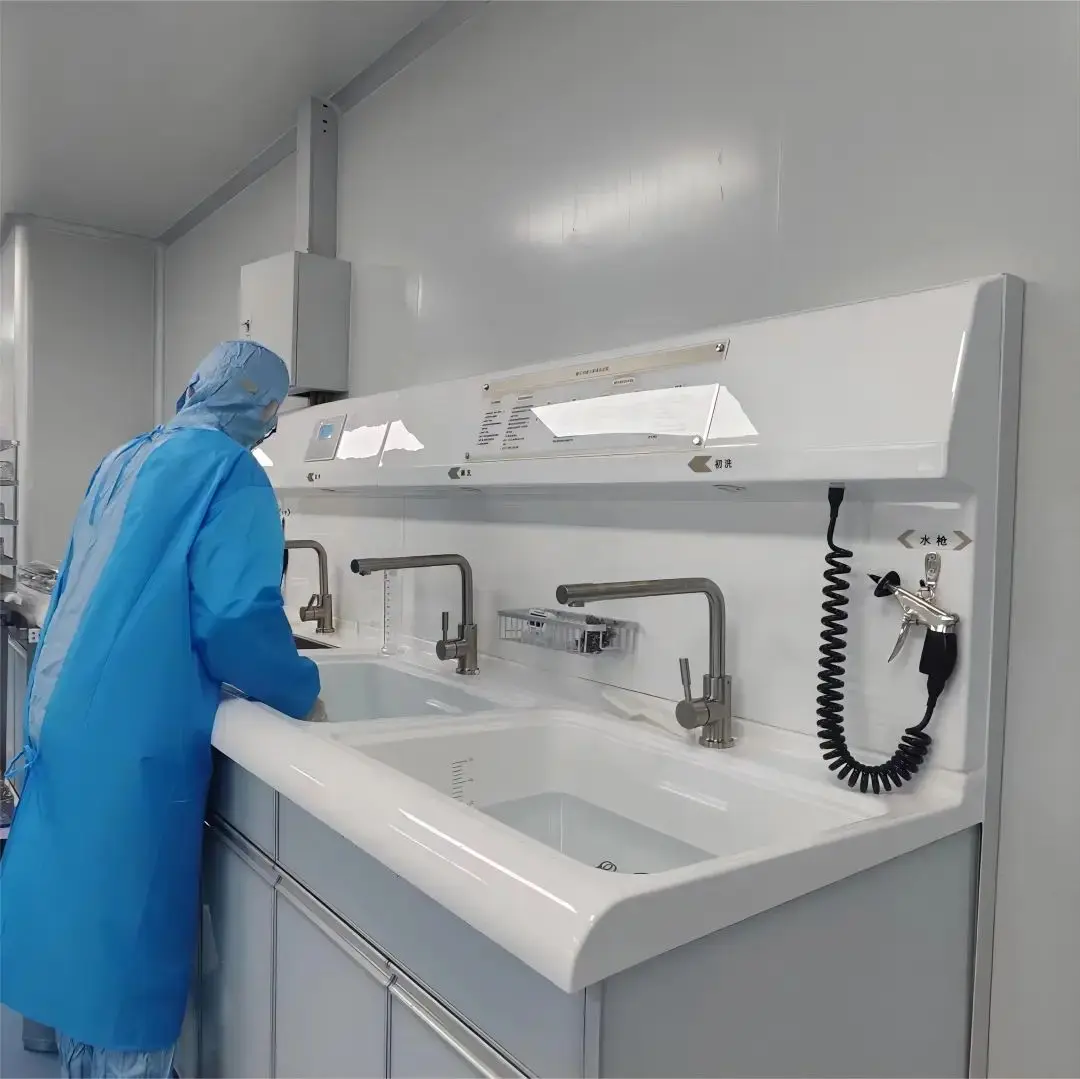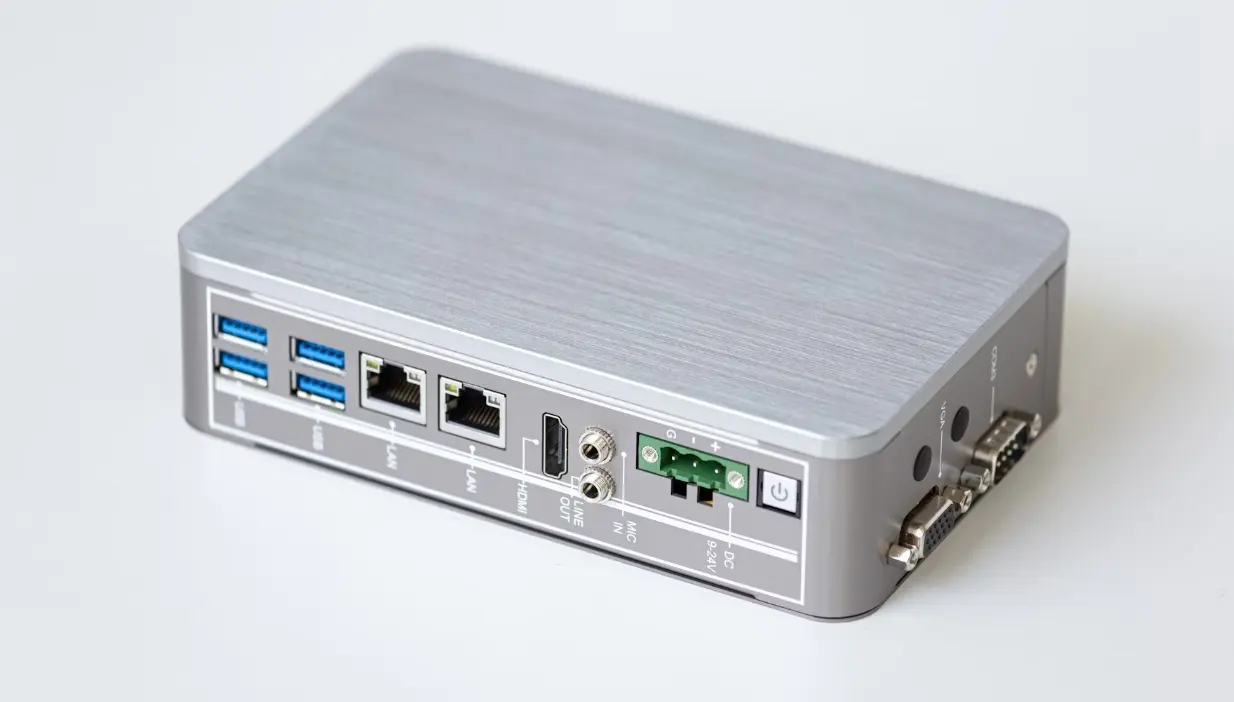
Thailand TISI Compliance Certification Reminder
Thailand TISI Strictly Inspects Electrical Products
Currently, the Thai TISI (Thai Industrial Standards Institute) is strictly inspecting electrical and electronic products. Sellers have already encountered cargo seizures, heavy fines, and destruction of goods! The TISI, in collaboration with the Ministry of Commerce and e-commerce platforms, has launched a special inspection campaign targeting:
1. Electronic and electrical products being sold without TISI certification.
2. Product pages lacking Thai language descriptions or the TISI logo.
3. Missing importer information, fake certification numbers, or concealed product power ratings.

To avoid risks, ensure the following three steps are properly executed:
1. Apply for TISI Certification.
2. Standardize Packaging and Labeling:
- Products and outer boxes must bear the TISI logo (at least 5mm in size).
- Label information should include: product name in Thai, voltage marked as 220V (in line with Thai standards), and Thai local importer information (third-party affiliation allowed).
3. Prepare Required Customs Clearance Documents:
- If inspected, submit the following documents on-site:
- A copy of the TISI certificate (in Chinese/English/Thai).
- A testing report (complying with ISO/IEC standards).
Platform's Key Inspection Focus (including Shopee, Lazada, TikTok Shop)
- Mandatory Certification Products: These products must upload the TISI certificate; failure to do so will result in removal from the platform. Examples include sockets, chargers, LED lights, etc.
- High-Risk Products: These products are subject to random platform inspections and reporting mechanisms, with certificates being verified at any time. Examples include Bluetooth headphones, beauty devices, power banks, etc.
- Product Page Content: The product page must include the TISI logo, Thai language specifications, and importer information. Otherwise, it will be considered misleading to consumers or non-compliant.
E-commerce Platform Seller Compliance Recommendations
1. Standardize Product Page:
- Upload a valid TISI certificate.
- Add the TISI logo (clearly visible) on the main image or product details page.
- Include Thai language specifications (e.g., 220V voltage, local company name).
2. Link to a Legitimate Importer:
- If no direct importer, you can link with a third-party importer.
- Provide the importer's name and contact number on the platform backend or after-sales section.
3. Avoid Violating Keywords/Misleading Promotion:
- Refrain from using terms like “internationally compatible” or “no certification needed.”
- Do not misuse someone else's TISI certificate number (platform can trace and verify).
Consequences of Violations (Platform & Official Dual Penalties):
- The platform will remove the product or ban the store.
- Official penalties: destruction of products + fines (up to 5 times the product value).
- Blacklisted and banned from importing again.
Self-Inspection for TISI Certification
Planning to enter the Thai market? Don’t rush to ship! TISI certification is a key compliance threshold for smoothly entering the platform, completing customs clearance, and avoiding inspections.
Step 1: Check Certification List on the Official Website (Most Authoritative)
Visit the Thai Industrial Standards Institute (TISI) official website:
https://www.tisi.go.th
Use the search bar on the homepage to search for certification requirements using keywords (in English), such as:
- electrical appliances
- building materials
- plastic products
* Find the relevant product's standard number and check whether it requires mandatory certification.
Step 2: Self-inspection Based on Product Category
TISI certification covers a wide range of products. Here are some key high-risk categories for self-inspection:
1. Electrical Equipment: Household appliances like air conditioners, refrigerators, hairdryers, etc., are included in the certification scope. These products involve electrical safety, and Thailand has strict controls.
2. Building Materials: Cement, cables, construction steel, etc., must be certified as they affect construction quality and safety.
3. Plastic Products: Common plastic items like tableware and pipes need certification to prevent harmful substances from affecting health.
4. Rubber Products: Items such as tires must be certified to ensure driving safety.
If uncertain, consider seeking help from professional certification agencies or consulting firms. They save time, have extensive experience, and are familiar with certification rules, allowing them to quickly give accurate judgments based on product characteristics.
TISI Certification Notes
1. Mandatory vs. Voluntary Certification: Not all products require mandatory TISI certification. Ensure your product falls within the mandatory certification scope. If not mandatory, you can apply for voluntary TISI certification to enhance product credibility.
2. Product Updates: If there are significant changes to the product, retesting or submitting new documents may be required.
3. Choose the Right Testing Laboratory: Select a locally recognized laboratory to avoid delays due to non-compliant labs.
4. Ongoing Compliance: After obtaining TISI certification, companies need to regularly submit product quality maintenance reports and accept unannounced inspections from TISI.
Email:hello@jjrlab.com
Write your message here and send it to us
 EU 2.4G Products CE-RED Directive
EU 2.4G Products CE-RED Directive
 Cytotoxicity Analysis (CCK-8 Method)
Cytotoxicity Analysis (CCK-8 Method)
 Disinfection Validation for Reusable Medical Devic
Disinfection Validation for Reusable Medical Devic
 ASTM F3208-2020 Testing Laboratory
ASTM F3208-2020 Testing Laboratory
 Reprocessing of Reusable Medical Devices ISO15883
Reprocessing of Reusable Medical Devices ISO15883
 Wireless Product Certification Guide
Wireless Product Certification Guide
 TISI Certification for Hair Dryers in Thailand
TISI Certification for Hair Dryers in Thailand
 Thailand TISI Compliance Certification Reminder
Thailand TISI Compliance Certification Reminder
Leave us a message
24-hour online customer service at any time to respond, so that you worry!




